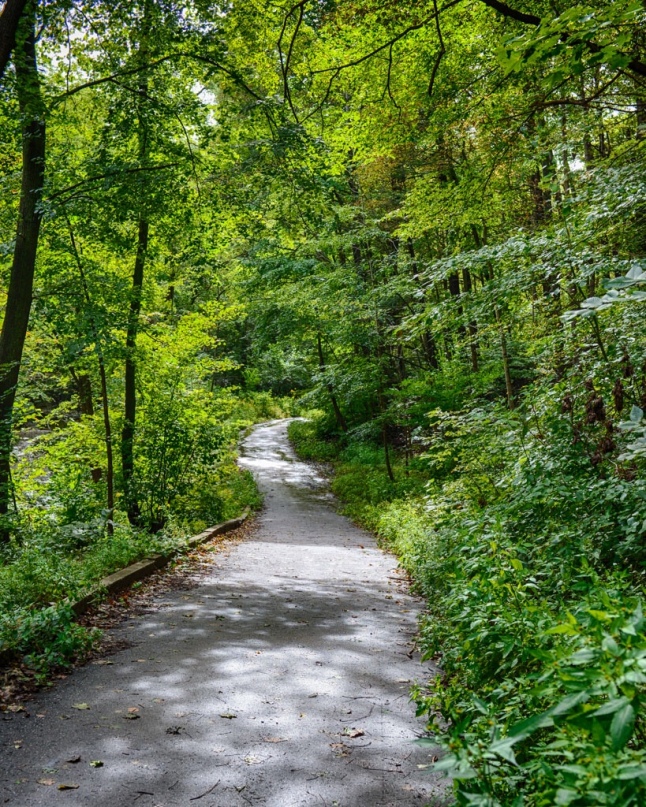I am feeling powerfully inspired by Greta Thunberg and the work she is doing around climate change. Her journey started with her skipping school every Friday to demand climate action from politicians. When she was challenged and told she should be in school, she would reply that school was meant to prepare her for a future that is now uncertain due to climate change. So if the grown ups aren’t going to do their jobs, why should she do hers?
She’s right.
You know who the grown ups are? Us. We are the grown ups. And we have to do something right now. The truth is that there is very little we as individuals can do to halt climate change (my goals are eliminating single-use plastics and moving to a plant-based diet — some of the best things we can do as individuals). The change needs to come from industry (and the governments that regulate industry), particularly around fossil fuels. But we as individuals can put pressure on those industries and governments. We can stand with Greta and say that we can’t continue on with business as usual.
Some folks have asked me why this is an issue for a rabbi to take on at all. Well, several reasons. Firstly, my Judaism is connected with my belief that we are here to make the world better. Judaism enhances my life/our lives and, in turn, we are empowered to bring more goodness to the world. These values are rooted in Jewish texts and teachings. It’s the whole “why” of Judaism, as far as I’m concerned. Secondly, the reason I affiliate myself with secular/cultural Judaism is that I am a believer in science and evidence. A lot of the climate change deniers are affiliated with the Christian Right. If one believes the world was created by a god in six days, six thousand years ago, then it’s not a surprise that they also believe that god can fix said world or that whatever happens to it is god’s will. But those beliefs are, well, wrong. Where religion comes up against our best science I’m going to choose science every time. That also is part of my Judaism.
And so, my fellow grown ups, I want to know what you are doing to ensure a future for our kids and grandkids. Here is a place to start. On September 27th there will be rallies and marches for climate justice all over. I’ll be at the one in Toronto, marching with Shoresh (check out Shoresh.ca for awesome Jewish environmentalist initiatives). I’d really love company. Please hit reply right now and tell me you’re coming with me. If you’re not in Toronto, I’d love to know where you’ll be marching?
On September 27th let’s show the world that this is not business as usual.
Oh, and this is right before the Jewish New Year of Rosh Hashanah. Am I usually frantically busy at that time? I sure am. Am I making time for this? You bet. I can’t think of a better commitment at the time of year when we contemplate rebirth than doing my part to protect the planet.
See you on the 27th!
Till next week,
Denise
